
Cuba, Latin America: Week in Review
Cuba Shuffles Communist Party Leadership And Approves Economic Reforms
April 20, 2011 By Staff
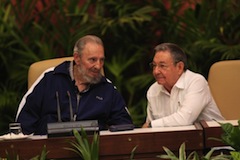
Fidel and Raúl Castro at the closing of Cuba's Communist Party Congress. Photo by Ismael Rodríguez.
Today in Latin America
Top Story — The Cuban Communist Party changed its leadership Tuesday, but gave little indication as to whom they planned to entrust the revolution as the old guard nears the grave.
As expected, the Party Congress officially retired Fidel Castro, who had held the title of first secretary. Fidel Castro wrote in a Reflection published last month that he gave up the position in 2006 when he became ill and his brother Raúl took over as head of state, but Raúl’s formal ascension to the position of first secretary did not take place formally until Tuesday.
The choice to replace Raúl Castro as second secretary of the party — José Ramón Ventura Machado — dashed expectations that the party leadership would reveal a young politician being groomed for power. Ventura Machado, 80, fought in the revolution with the Castros and has worked for the Cuban government since the revolution triumphed in 1959.
The Communist Party had not held a congress for 14 years before this weekend.
Fidel Castro, 84, attended the closure of the Party Congress, but did not speak.
While no one figure stood out, several younger politicians rose to positions of importance. Former Economy Minister Marino Murillo, 50, was elected to the party’s leadership council, as were current Economy Minister Adel Izquierdo, 65, and the Communist Party Chief of Havana Lazara Mercedes López, 46.
The new roster for the Communist Party is available at CubaDebate.
The changes in the party leadership come just days after Castro proposed enacting term limits in order to rejuvenate the island’s political system, currently presided over by the geriatric generation that came to prominence in the 1950s and 1960s.
The Congress approved a package of 300 economic reforms aimed at liberalizing the island’s economy, while maintaining the central planning of the socialist system, The Financial Times reports. The reforms were based on the “Guidelines to Economic and Social Policy,” released in November.
Raúl Castro, the driving forces behind the effort to reform the economy, reaffirmed the political leadership’s commitment to socialism in his closing speech. “Modernizing the economic model is not a miracle that can be accomplished overnight like some believe,” Castro said, adding that he would never allow “the return of a capitalist regime.”
Just Published at the Latin America News Dispatch
- While the Honduran government and former U.S. President Bill Clinton claim that the Central American nation is protecting human rights and combating drug-trafficking, Honduras is actually killing opposition members and using U.S. money to fund corrupt police officials, according to a leader in the Honduran resistance movement. Read the story here.
Headlines from the Western Hemisphere
North America
- Twenty-two suspected members of the Zetas drug gang were held in connection to the killings of 145 people found in mass graves this month in northeast Mexico.
- General Motors promoted the head of its Mexican operations, Grace Lieblein, to run its unit in Brazil.
Caribbean
- Hundreds of Cuban exiles recalled in an emotion-filled event in Miami the 50th anniversary of the U.S.-sponsored Bay of Pigs invasion.
Central America
- Honduras and China’s Sinohydro signed a contract worth $50.5 million to begin construction of one of the three hydroelectric power plants.
- The White House announced on Tuesday that Panama had satisfied a final condition for a free-trade pact with the United States.
Andes
- Torrential rains in Colombia wreaked more havoc around the country this week, including an area outside the capital where an avalanche of mud and debris smothered an entire town, killing at least one person.
- Chevron Corp will not have to face accusations from a prominent U.S. law firm that the oil major mounted a “smear campaign” related to long-running environmental battles in Ecuador, a U.S. judge has ruled.
- Left-wing presidential candidate Ollanta Humala vowed on Tuesday to leave Peru’s $30 billion in pension funds in private hands, even though his campaign platform calls for replacing them with a government-run system.
Southern Cone
- Police in Rio de Janeiro moved into a poor neighborhood in an effort to catch an alleged drug lord who controls the area.
- Chile plans to revamp its prison system to address key security issues and remove overcrowding, after a fire killed over 80 inmates last year.
- The leader of Paraguay’s Maka indigenous group does not have an heir and upon his death a democratic election for a new leader of his 1,500 people will take place.
- A fight between the Argentine government and the country’s largest steelmaker escalated when the company, Siderar, said it would take legal action to overturn an emergency decree increasing state influence in private companies
Image: CubaDebate.
Subscribe to Today in Latin America by Email
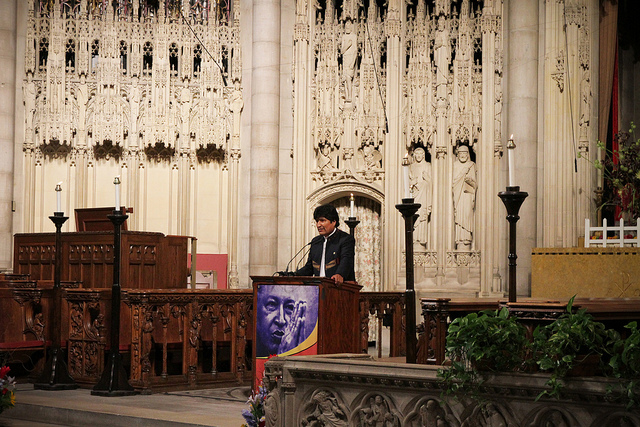
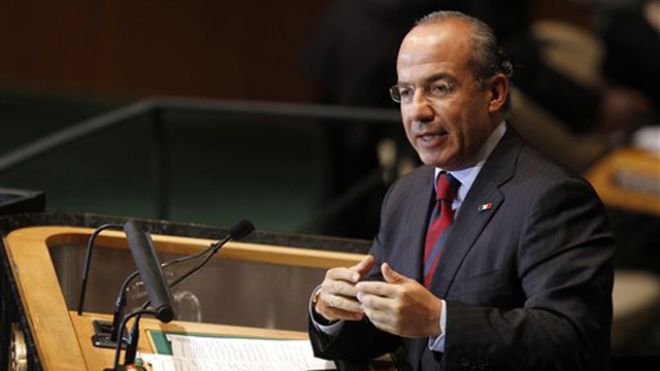
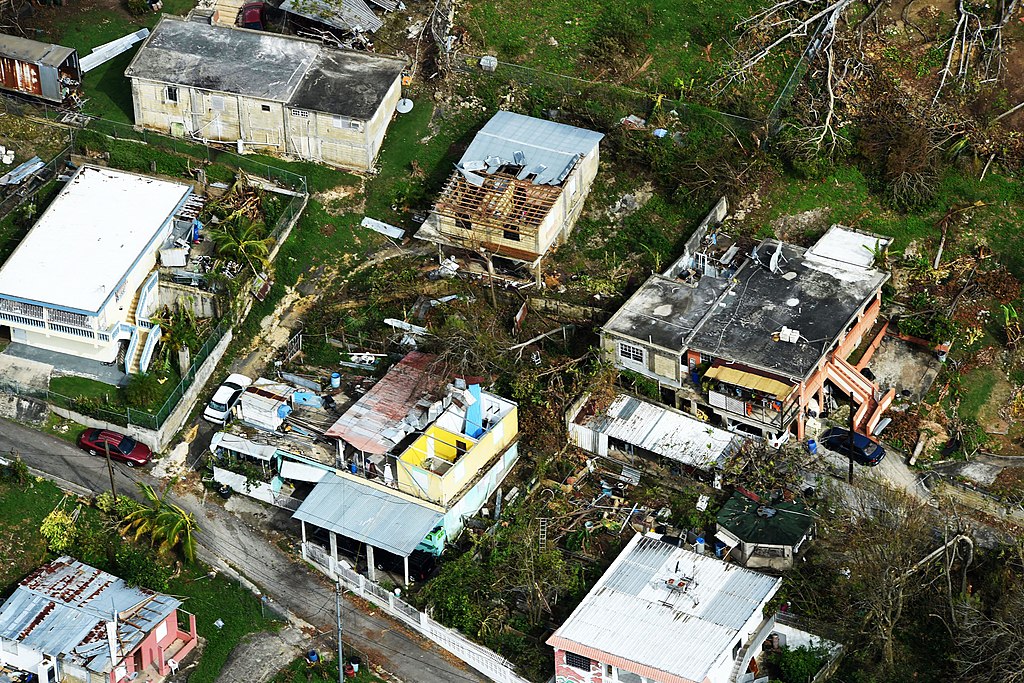
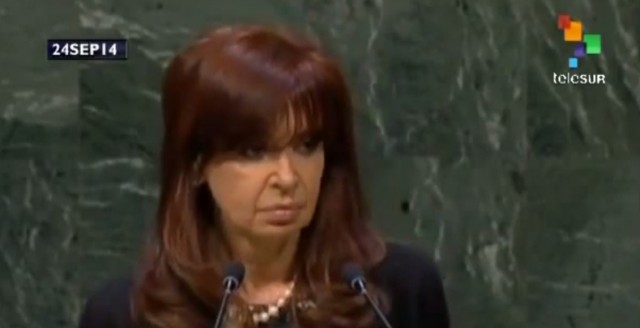
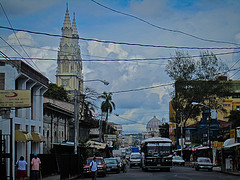
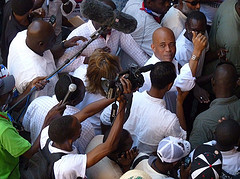
1 Comment
It’s not only the Castro dictatorship that has one foot in the grave but , more importantly, the ridiculous “communist” economic system they have used to control the people of Cuba and destroy all civil rights.
Que viva Cuba libre!
Comments are closed.